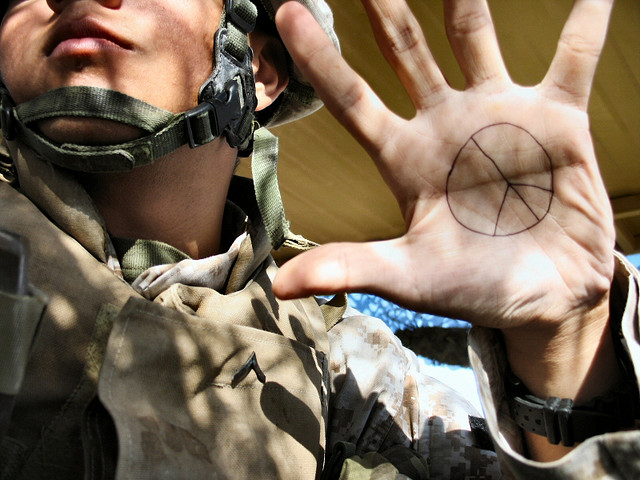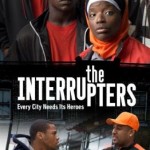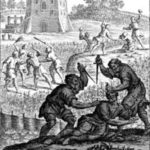We run our website the way we wished the whole internet worked: we provide high quality original content with no ads. We are funded solely by your direct support. Please consider supporting this project.

Where are the Blessed Peacemakers?
Religion Dispatches Magazine posted an article recently on embracing non-violence in the Christian tradition. In it, Elizabeth Drescher argues that the violent imagery in Paul’s writing accounts for a great deal of the violent posturing going on in churches today, but she also argues that these images have been misapplied and misunderstood. She challenges us that, “It is time…for Christian churches to atone for their own role in the culture of violence within which we all suffer by standing actively against it week upon week upon week in the pulpit and on the street.”
From the article:
The “armor of God,” too often turned to violent purposes, is comprised of truth, righteousness, and peace. Paul’s “helmet of salvation”—that which protects the center of human thought and reason—and “sword of the Spirit” are not of course acts of aggression, but words. Hence, likewise, the sword of justice wielded in the Revelation of John (Rev. 19:11-15)—the New Testament book most often cited in violent, apocalyptic Christian fantasies—extends from the mouth of the white-robed representation of the risen Christ. He slays the forces of cosmic evil not with physical aggression, but with the same “Word of God” that Paul calls out as the fundamental instrument of Christian faith, righteousness, and peace.
Christians, we seem to forget in all the clucking over the extent to which fried chicken sandwiches do or do not represent ideological preferences, are meant to use words, and to use them in particular for peace. This peace—the “Peace of Christ” in Christian tradition—is the heart of Christian teaching and practice, upon which rests everything from faithful stewardship of creation, to economic justice, to the rejection of violence as a solution for personal, familial, social, or political disagreements.
Image by Jayel Aheram. Sourced via Flickr.
Category: General
Tags: Non-Violence, Peacemaking
Related Reading

On the Language of “Revolution”
Nick Thompson via Compfight Question: The banner of your website and the thrust of much of your teaching focuses on “revolution.” While I can see a radical call in some of the sayings of Jesus, especially if he were addressing upper-middle class North Americans, I wonder if attaching revolutionary language to his teaching seems a…

The Cruciform Center Part 4: How Revelation Reveals a Cruciform God
I’ve been arguing that, while everything Jesus did and taught revealed God, the character of the God he reveals is most perfectly expressed by his loving sacrifice on the cross. Our theology and our reading of Scripture should therefore not merely be “Christocentric”: it should be “crucicentric.” My claim, which I will attempt to demonstrate…

Blessed are the Peacemakers
We recently watched a show on Frontline (PBS) called The Interrupters. This two hour long documentary follows several “Interrupters” as they attempt to peacefully resolve conflict in their oftentimes violent neighborhoods in Chicago. The group of Interrupters is a mix of the young and the not-so-young, women and men, single and married. They represent multiple…

The Violent Vineyard Owner: A Response to Paul Copan (#8)
In my previous post I addressed two of the three parables that Paul Copan argues present God in violent ways. Today I will address the third, which is the parable of a vineyard owner with hostile tenants (Matthew 21:33-41; Luke 20:9-13). This parable differs from the previous two parables. Whereas the previous parables deal with…

Does Following Jesus Rule Out Serving in the Military if a War is Just?
Jesus and Military People Some soldiers responded to the preaching of John the Baptist by asking him what they should do. John gave them some ethical instruction, but, interestingly enough, he didn’t tell them to leave the army (Lk 3:12-13). So too, Jesus praised the faith of a Centurion and healed his servant while not…

From Boston, With Love
We posted some of T. C. Moore’s reflections on the Open 2013 conference earlier this week. T. C. lives in Boston and was deeply moved by the violence and terror that came to his city. Now we want to share his most recent blog post Oz and the Cross: Reflections on God’s Love and the…
